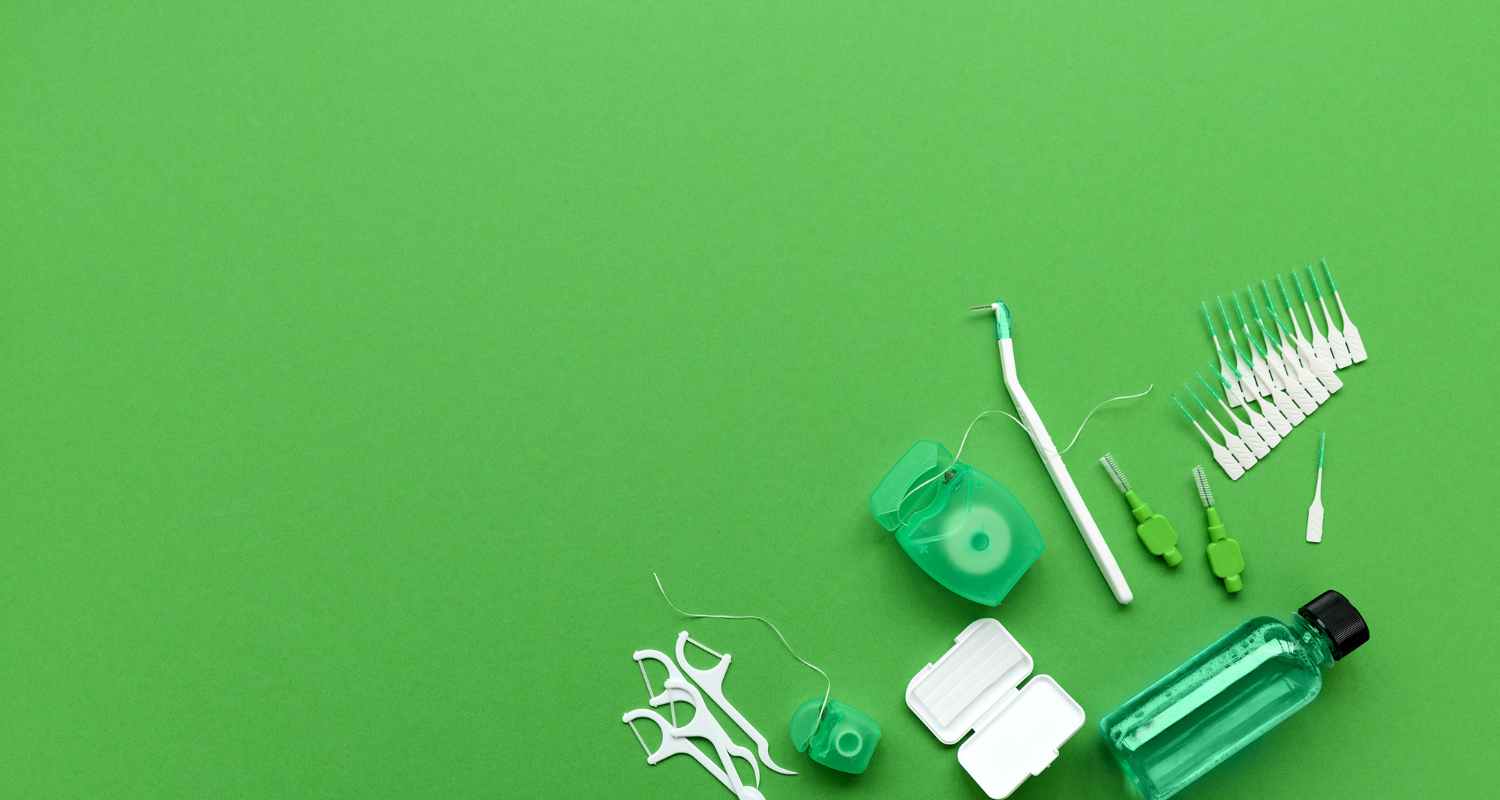Saint John is a city that embraces an active lifestyle, with residents of all ages enjoying sports, outdoor activities, and recreational pursuits. However, with increased physical activity comes a greater risk of dental injuries. Whether you’re a seasoned athlete or a family enjoying a weekend bike ride, understanding how to prevent dental trauma is crucial for protecting your smile. This guide provides practical tips and strategies to minimize the risk of dental injuries for athletes and active families in Saint John.
The Importance of Prevention: Why Dental Injuries Matter
Dental injuries, such as chipped or knocked-out teeth, can be painful, disfiguring, and expensive to treat. They can also lead to long-term complications like infection, speech problems, and difficulty eating. Taking preventive measures is essential to safeguard your oral health and avoid the physical and emotional distress associated with dental trauma.
Top Tips for Preventing Dental Injuries:
- Mouthguards: Your First Line of DefenseMouthguards are essential protective gear for anyone participating in contact sports or activities with a risk of falls or collisions. These custom-fitted or boil-and-bite devices cushion the impact to the face, minimizing the risk of:
- Knocked-out teeth: Mouthguards absorb and distribute the force of impact, reducing the likelihood of teeth being dislodged.
- Chipped or broken teeth: They provide a protective barrier for teeth, preventing fractures and chips.
- Soft tissue injuries: Mouthguards can also help protect the lips, tongue, and cheeks from cuts and lacerations.
- Custom-Fitted: Custom-fitted mouthguards, made by your dentist, offer the best protection and comfort.
- Boil-and-Bite: Boil-and-bite mouthguards, available at sporting goods stores, are a more affordable option but may offer less precise fit.
- Proper Fit: Ensure the mouthguard fits snugly and comfortably, allowing for easy breathing and speaking.
- Safe Playgrounds and Environments:Children are particularly susceptible to dental injuries during playtime. Ensure playgrounds and play areas are safe and well-maintained:
- Shock-Absorbing Surfaces: Playgrounds should have soft surfaces like rubber mulch or sand to cushion falls.
- Age-Appropriate Equipment: Choose playground equipment appropriate for your child’s age and development.
- Supervision: Supervise young children during playtime to prevent falls and collisions.
- Home Safety: Secure rugs, use safety gates, and keep hazardous objects out of reach to prevent falls at home.
- Helmets: Head Protection for Overall SafetyHelmets are crucial for protecting your head and face during activities like cycling, skateboarding, skiing, and snowboarding. They can help prevent:
- Facial Injuries: Helmets can absorb impact and reduce the severity of facial injuries, including those affecting the mouth and jaw.
- Traumatic Brain Injuries: Helmets are essential for preventing traumatic brain injuries, which can also indirectly lead to dental trauma.
- Proper Fit: Ensure the helmet fits snugly and comfortably, covering the forehead and not obstructing vision.
- Activity-Specific: Choose helmets designed for the specific activity, such as bicycle helmets for cycling or ski helmets for skiing.
- Awareness and Caution During ActivitiesBeing mindful of your surroundings and practicing caution during activities can help prevent dental injuries:
- Sportsmanship: Encourage fair play and avoid aggressive behavior that could lead to collisions or intentional harm.
- Environmental Awareness: Be aware of potential hazards in your environment, such as uneven surfaces, obstacles, or other people.
- Proper Technique: Learn and practice proper techniques for your chosen activity to minimize the risk of falls or collisions.
- Healthy Habits for Strong TeethMaintaining strong, healthy teeth can make them more resistant to damage:
- Good Oral Hygiene: Brush twice a day with fluoride toothpaste, floss daily, and use mouthwash to keep your teeth and gums healthy.
- Regular Dental Checkups: Visit your dentist for regular checkups and cleanings to identify and address any potential weaknesses or problems.
- Healthy Diet: Limit sugary and acidic foods and drinks to minimize the risk of cavities and enamel erosion.
- Avoid Misusing Teeth: Don’t use your teeth to open packages, crack nuts, or for other purposes that could damage them.
- Education and AwarenessEducating yourself and your children about dental injury prevention is crucial:
- Teach Safe Habits: Teach children about safe play habits, the importance of wearing mouthguards and helmets, and how to avoid using their teeth as tools.
- First Aid Knowledge: Learn basic first aid for dental injuries, such as how to control bleeding and preserve a knocked-out tooth.
- Emergency Preparedness: Know how to find emergency dental care in Saint John and have important contact information readily available.
Dental Injury Prevention: A Shared Responsibility
Preventing dental injuries is a shared responsibility among individuals, families, coaches, and communities. By promoting awareness, providing proper equipment, and creating safe environments, we can minimize the risk of dental trauma and help everyone in Saint John enjoy a lifetime of healthy smiles.
Resources for Dental Injury Prevention in Saint John:
- Your Dentist: Your dentist can provide personalized advice on dental injury prevention and create custom-fitted mouthguards.
- Saint John Dental Society: This organization can offer resources and information on oral health and safety.
- Sporting Goods Stores: Consult with staff at sporting goods stores to find appropriate mouthguards and helmets.
- Community Centers and Recreation Programs: Many community centers and recreation programs offer information and resources on safety and injury prevention.
Remember: Prevention is always better than cure. By taking proactive steps to prevent dental injuries, you can protect your smile and enjoy an active lifestyle with confidence.
If you have any questions or concerns, please contact us. Or if you’d like to visit our dental clinic, please find us on Google Maps.


